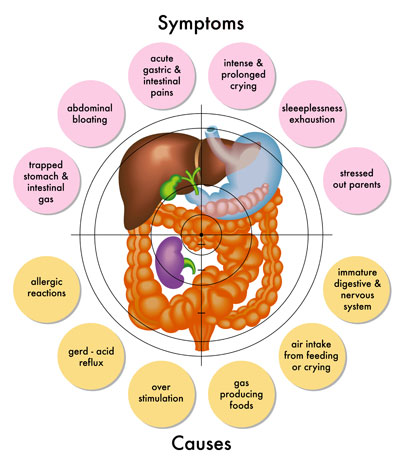
How Does Water Help With Bloating?
Most of us have felt bloated at one point or another. This experience can be extremely uncomfortable and has many possible causes. Let’s explore what exactly bloating is, and how to find relief, especially when it comes to drinking water.

What is bloating?
Bloating is a common and uncomfortable symptom that many people experience. It's characterized by a feeling of fullness, tightness, or swelling in the abdomen. While bloating is usually not a serious medical condition, it can cause discomfort and affect daily activities.
What causes bloating?
In order to get relief from gas and bloating symptoms, it is important to understand the cause. There are many factors that can contribute to bloating, including diet, digestion, and lifestyle. Bloating can occur when gas builds up and causes your stomach to feel like it has been enlarged. In most cases, the stomach is not actually enlarged but simply feels very full.
Consuming foods that are high in salt, fat, or fiber can cause the body to retain water, leading to bloating. Digestive disorders such as irritable bowel syndrome (IBS) and constipation can also cause bloating. Additionally, certain lifestyle factors such as stress, lack of physical activity, and smoking can contribute to bloating.
An additional possibility is overgrowth of bacteria in the small intestine. Normally bacteria growth is limited and contained within the colon. However, sometimes it can spread to the small intestines, especially when food has reached that area before proper digestion. The result is more gas.
Distention vs Bloating
Distention of the abdomen differs from bloating in that there is an actual physical change to the size of the abdomen and it is larger than normal. This distention can be physically seen through the clothing or by looking down at the stomach. There are two types of distention either continuous or intermittent. Enlarged organs, tumors, or a collection of fluid around the organs may cause continuous distension. Gas or fluid building normally causes intermittent distention in the stomach, small intestine, or colon. A healthcare professional should be sought out for cases of continuous distention while intermittent distention/bloating can normally be handled through dietary changes.
How does water help with bloating?
One of the simplest and most effective ways to reduce bloating is by drinking water. Drinking plenty of water throughout the day can help to flush out excess sodium and toxins in the body, which can contribute to bloating. Additionally, water can help to improve digestion by keeping the digestive tract hydrated and stimulating bowel movements.
Other tips to reduce bloating
In addition to drinking water, there are several other tips that can help to reduce bloating. Eating smaller, more frequent meals can help to prevent overeating and reduce the risk of bloating. Avoiding foods that are high in salt, fat, or fiber can also help to prevent bloating. Additionally, engaging in regular physical activity, managing stress, and avoiding smoking can all contribute to reduced bloating.
Purified water makes all the difference
Getting your water tested will help you determine if you have any contaminants in your water that are causing the irritation in your digestive system that results in uncomfortable bloating. Even if your water isn’t the root cause of the bloating, it’s important to consume purified water when trying to stay hydrated and flush out those contributors to your bloating.
As the #1 U.S. manufacturer of whole house water filtration systems, APEC provides top of the line water filtration systems, to make sure your home and health are at peak health.





